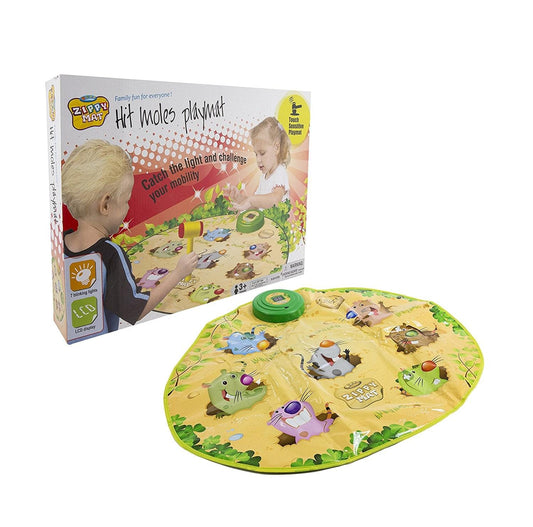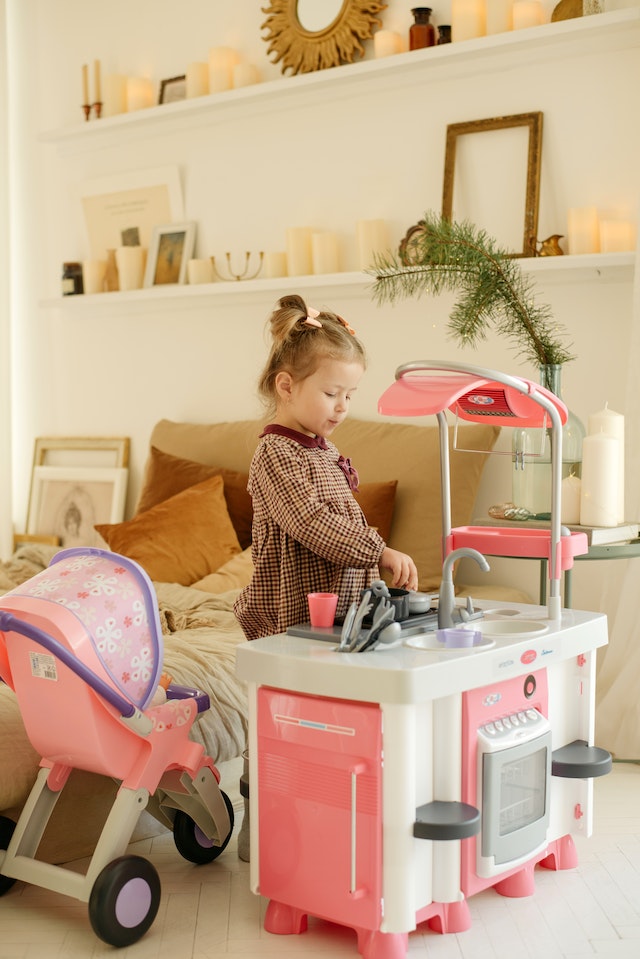Introduction to Play Kitchens and Real Kitchens
What is a Play Kitchen?
A play kitchen is a miniature, child-friendly version of a real kitchen. It's designed to allow children to mimic the actions of adults in a safe and controlled environment. These playsets often include stovetops, ovens, sinks, and even pretend food and utensils.
What is a Real Kitchen?
A real kitchen, on the other hand, is the actual cooking area in a home. It's where meals are prepared and often eaten. It's filled with real appliances, utensils, and ingredients.
The Benefits of a Play Kitchen
Encourages Imagination and Creativity
Play kitchens are a fantastic tool for fostering imagination and creativity. Children can pretend to be chefs, creating their own culinary masterpieces.
Promotes Social Skills
Play kitchens also promote social skills. Children can play together, taking turns, sharing, and communicating as they navigate their pretend kitchen.
Teaches Responsibility
Through play, children learn about cleaning up after themselves and taking care of their belongings.
The Benefits of a Real Kitchen
Provides Real-Life Skills
In a real kitchen, children can learn valuable life skills such as cooking, cleaning, and organizing. These skills will serve them well into adulthood.
Enhances Family Bonding
Cooking together in a real kitchen can strengthen family bonds. It's a time for sharing, learning, and creating memories.
Encourages Healthy Eating Habits
By involving children in meal preparation, they can learn about nutrition and develop healthy eating habits.
Safety Considerations
Safety in a Play Kitchen
Play kitchens are designed with safety in mind. They're made from child-friendly materials and have no sharp edges or dangerous parts.
Safety in a Real Kitchen
Real kitchens, while offering many learning opportunities, also present potential hazards. Adult supervision is essential to ensure safety.
Making the Right Choice for Your Child
Choosing between a play kitchen and involving your child in the real kitchen depends on their age, maturity, and interest. Both options offer valuable learning experiences.
Conclusion
Both play kitchens and real kitchens have their own unique benefits for children. The best choice depends on the individual child and their readiness for real-life tasks. Regardless of the choice, the key is to make the experience fun, educational, and safe.
FAQs
-
At what age should I introduce my child to a play kitchen?
- There's no set age, but many children start showing interest in play kitchens around the age of two.
-
Is it safe for my child to be in the real kitchen?
- With proper supervision and safety measures, it can be safe and beneficial for children to be involved in the real kitchen.
-
What can my child learn from a play kitchen?
- Play kitchens can help children develop creativity, social skills, and a sense of responsibility.
-
Can cooking in the real kitchen help my child eat healthier?
- Yes, involving children in meal preparation can encourage them to try new foods and understand the importance of nutrition.
-
Should I get a play kitchen if I already cook with my child in the real kitchen?
- A play kitchen can still be a valuable tool for independent imaginative play, even if your child also spends time in the real kitchen.


